Asian Studies Series
The editorial committee of the Asian Studies Series interprets ‘Asia’ broadly in terms of region. To date, our titles cover such disciplines as contemporary art, international relations, history, literature, politics, and crime. We are particularly interested in monographs or edited collections that make use of sources in Asian languages.
Please note: The following list of titles is sorted by publication date, with the most recent first.
Displaying results 1 to 20 of 20.

Rethinking Histories of Indonesia »
Experiencing, Resisting and Renegotiating Coloniality
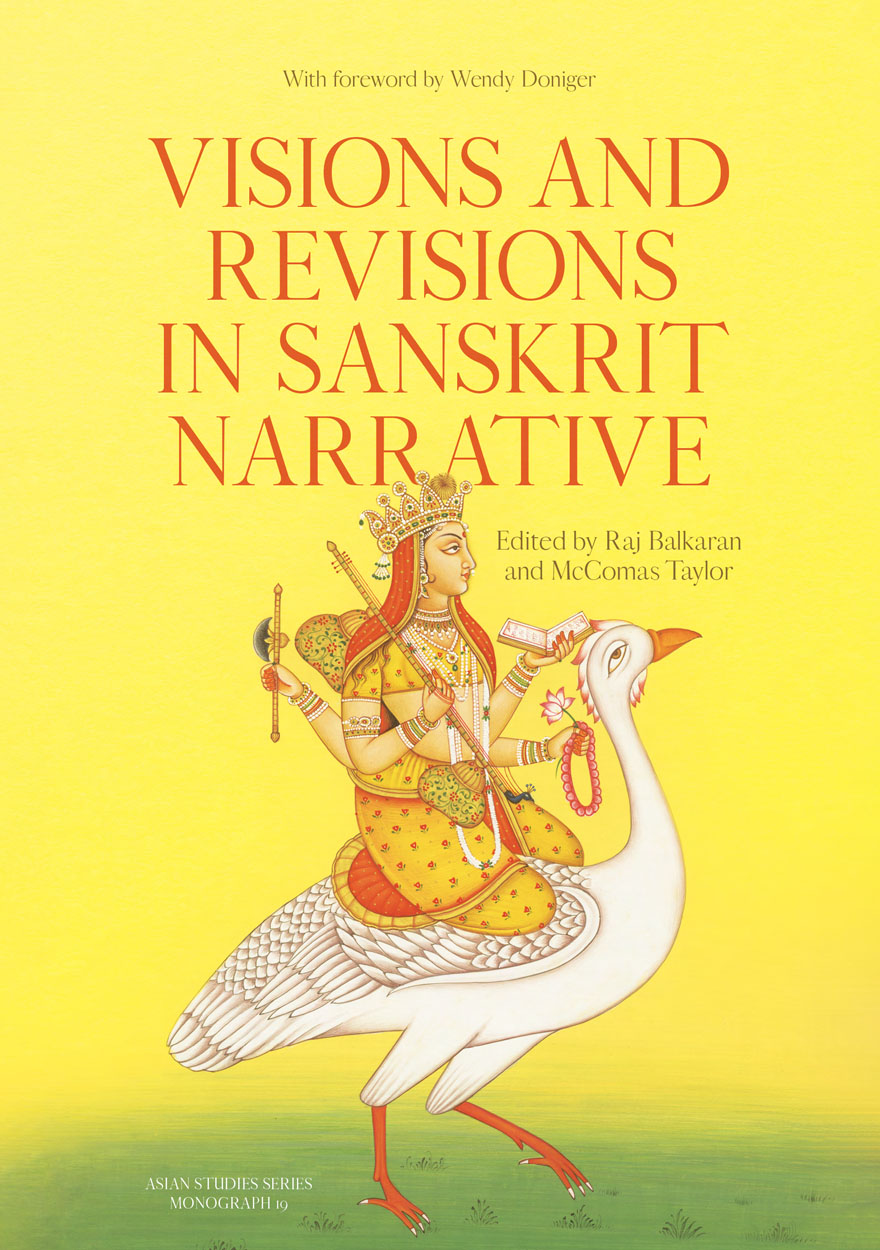
Visions and Revisions in Sanskrit Narrative »
Studies in the Sanskrit Epics and Purāṇas
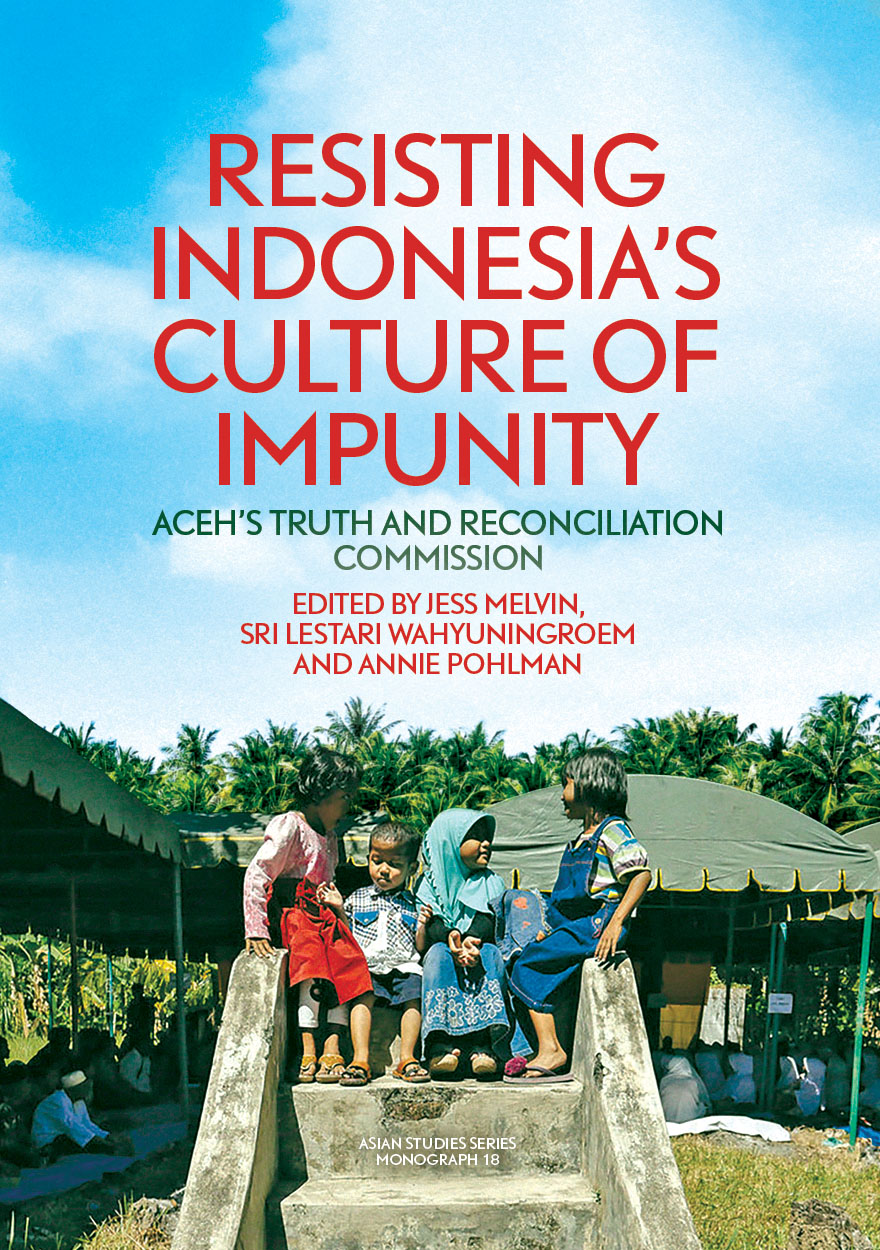
Resisting Indonesia’s Culture of Impunity »
Aceh’s Truth and Reconciliation Commission
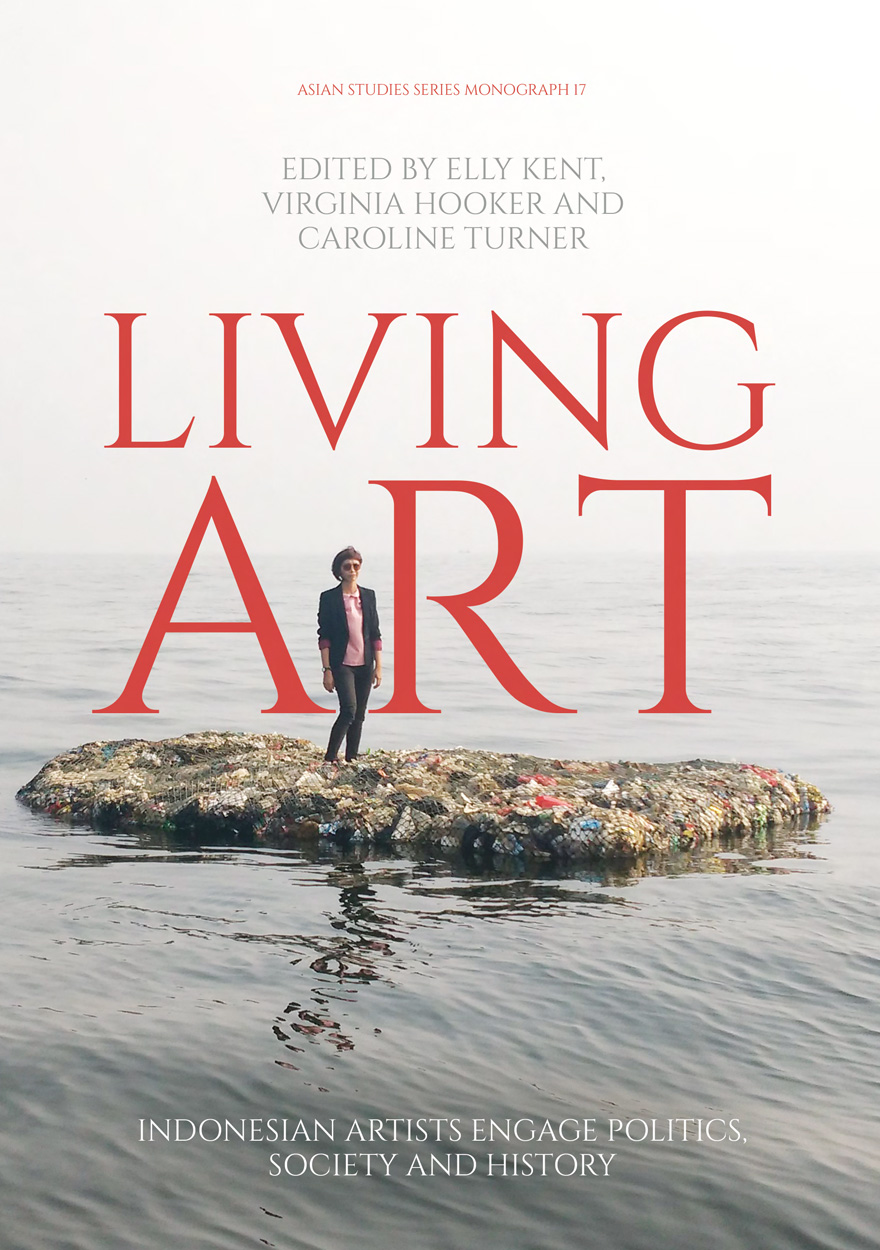
Living Art »
Indonesian Artists Engage Politics, Society and History

Experiments with Marxism-Leninism in Cold War Southeast Asia »

Bridging Australia and Japan: Volume 2 »
The writings of David Sissons, historian and political scientist

Fluid Matter(s) »
Flow and Transformation in the History of the Body

Re-imagining Japan after Fukushima »
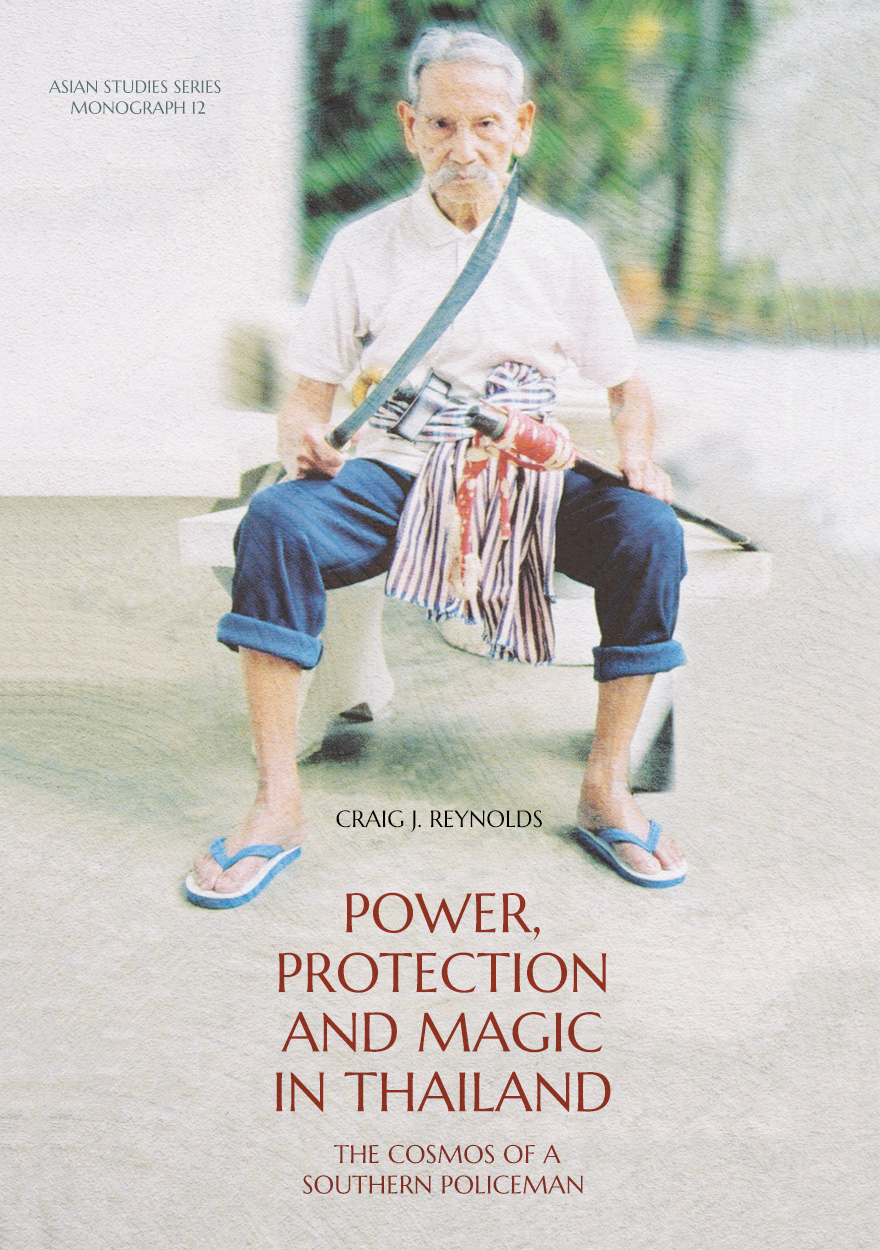
Power, Protection and Magic in Thailand »
The Cosmos of a Southern Policeman

Pacific Exposures »
Photography and the Australia–Japan Relationship
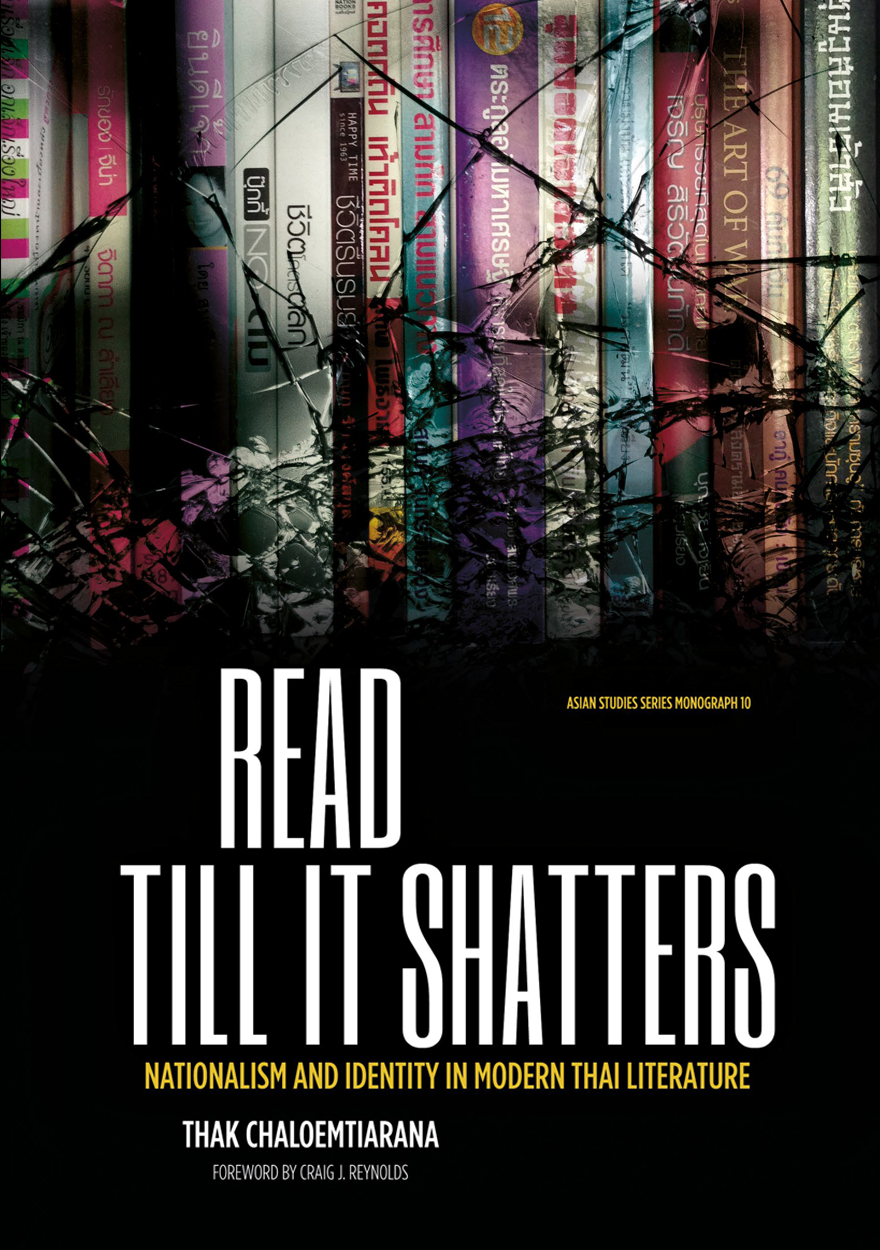
Read till it shatters »
Nationalism and identity in modern Thai literature

New Worlds from Below »
Informal life politics and grassroots action in twenty-first-century Northeast Asia

Bridging Australia and Japan: Volume 1 »
The writings of David Sissons, historian and political scientist

Eyewitness to Early Reform in Myanmar »
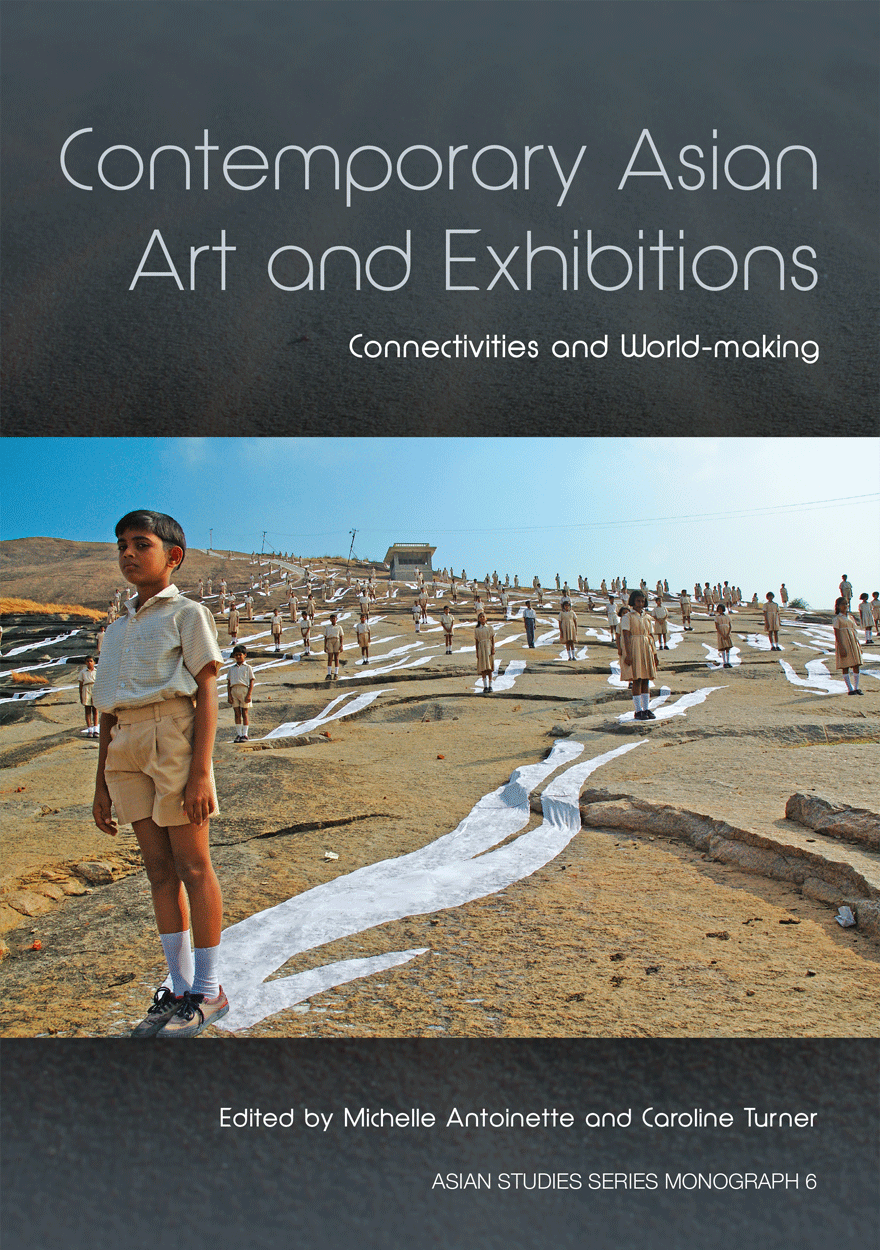
Contemporary Asian Art and Exhibitions »
Connectivities and World-making

Tajikistan »
A Political and Social History

Breaking Japanese Diplomatic Codes »
David Sissons and D Special Section during the Second World War

Business and the Risk of Crime in China »

Soeharto's New Order and Its Legacy »
Essays in honour of Harold Crouch




